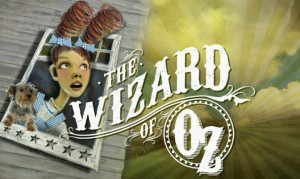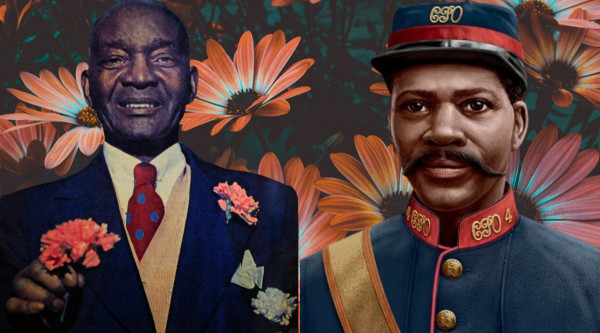My history and background are things that are both foreign and unknown to me. In many ways I don’t even know who I am because my roots remain shrouded in mystery. This painful feeling was reflected as one of the many themes that Obsidian Theatre Company’s Venus’ Daughter touched on.
The lack of knowing your roots and only having a history full of exploitation and horror to go on leaves a person feeling hollow and ignorant of their true self. Utilizing the tragic story of Saartjie Baartman better known as Hottentot Venus, playwright and lead actress Meghan Sawby creates a narrative centred around the character of Denise (Played by Sawby herself) who is used to examine how the damage of historic racist objectification, hyper sexualization and violence inflicted on the bodies of Black females continues to affect us and our “progressive” society even today.
Starring a cast consisting of three actors presented an opportunity for everyone to flex their acting chops. As a result the audience was rewarded with stellar performances across the board. Particularly Kaleb Alexander who plays a diverse range of characters including a younger and more timid version of Denise to a terrifying and horrific Dr. George Cuvier who at the end of the play dissects and displays Baartman’s body like a piece of meat. This is where the history of Baartman is juxtaposed to reflect the problem of objectification plaguing black women today. Piece by piece, Baartman’s body is objectified and examined for amusement and other perverse purposes.
Cuvier’s display of Baartman and her features includes a focus on her large breasts and buttocks which to his audience, are features that were strange and unknown to Europeans at the time. This is eerily reminiscent of how Black Women are often portrayed across the different spectrums of media in this day and age.
The dialogue of the script was a bit jarring at first due to a more poetic approach to conveying a narrative. However, the message and themes were powerful enough to be recognized on their own. Akosua Amo-Adem who plays Baartman accurately conveys the emotional journey of Baartman’s spectre as she communicates with Denise through the afterlife. These tense moments serve to provide context to who Baartman was as a person. Her spirit appears both wise and forgiving, expressing a wish to see her descendants thrive through their knowledge of self.
There is power in forgiveness but there is even more power in knowing who you are and by the end of the play Denise finally comes to terms with who she is, what she looks like and why she should be proud of her heritage.
![[REVIEW] Reconnecting With Our History: A Review Of Venus’ Daughter](/media/k2/items/cache/a837e119cd945083823082e324cfb9ef_L.jpg?t=20170410_023445)









